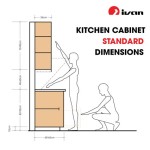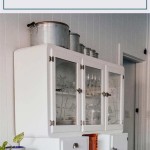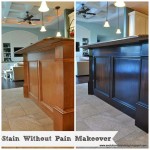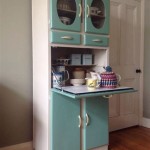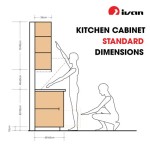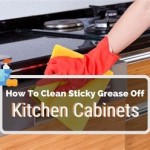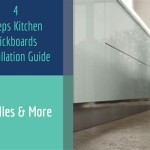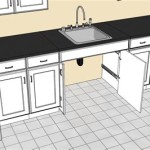## Beadboard Above Kitchen Cabinets: A Timeless Design Element
Adorning the space above your kitchen cabinets with beadboard can infuse your cooking hub with an irresistible charm. This classic design element, with its rows of evenly spaced vertical grooves, evokes a sense of nostalgia and refinement. Here's an exploration of the essential aspects of beadboard above kitchen cabinets:
Material Considerations
Beadboard panels are typically made from one of three materials: wood, MDF, or PVC. Wooden beadboard, such as pine or oak, exudes a timeless warmth and durability. MDF (medium-density fiberboard) is an affordable and versatile option that offers a smooth, paintable surface. PVC (polyvinyl chloride) panels are waterproof and easy to maintain, making them ideal for areas prone to moisture or grease.
Installation Options
Beadboard can be installed in various ways, depending on the desired look and structural constraints. Nailing or screwing the panels directly to the surface above the cabinets is a straightforward method. You can also use adhesive to attach beadboard to a lightweight backer board that is then mounted above the cabinets. This approach allows for easy removal and repositioning in the future.
Design Styles
Beadboard harmonizes seamlessly with a wide range of kitchen designs, from traditional to modern. In classic kitchens, it complements cabinetry in rich woods and ornate moldings. In transitional settings, beadboard blends the charm of the past with contemporary lines. For modern kitchens, beadboard adds a touch of texture and visual interest, particularly when painted in a bold hue or paired with sleek hardware.
Practical Advantages
Beyond its aesthetic appeal, beadboard above kitchen cabinets offers practical advantages. It helps conceal uneven walls or gaps between the cabinets and the ceiling. The vertical grooves create a subtle shadowing effect that can make small kitchens feel more spacious. Additionally, beadboard is easy to clean, simply wiping down with a damp cloth or sponge.
Maintenance Considerations
Maintaining beadboard above kitchen cabinets is relatively straightforward. To prevent stains and discoloration, wipe down the surface regularly with a mild cleaning solution. For wooden beadboard, occasional waxing or sealing may be necessary to protect the finish. If the beadboard becomes scratched or damaged, it can be easily repaired or replaced, ensuring its enduring beauty.
Conclusion
Incorporating beadboard above kitchen cabinets is a versatile and timeless design choice that adds character and charm to your cooking space. Its classic aesthetic complements a variety of design styles, from traditional to modern. The practical advantages, such as concealing imperfections and creating a sense of spaciousness, make it a functional addition. Whether you opt for wooden, MDF, or PVC beadboard, this enduring design element will enhance the beauty and functionality of your kitchen for years to come.

23 Charming Beadboard Cabinets That Dress Up Your Home

Elizabeth Hill Cottage Soffit Licious Kitchen Beadboard Above Cabinets

White Beadboard Kitchen Cabinets Cottage

Beadboard Kitchen Island Cottage Litchfield Designs

Turning Fifty Better After Kitchen Soffit Above Cabinets

Beadboard Kitchen Cabinets Everything To Know

Beadboard Kitchen Cabinets Everything To Know

Follow The Yellow Brick Home Project Kitchen Makeover Planning Beadboard Options

Follow The Yellow Brick Home Project Kitchen Makeover Planning Beadboard Options

Beadboard Kitchen Cabinets Everything To Know
Related Posts

